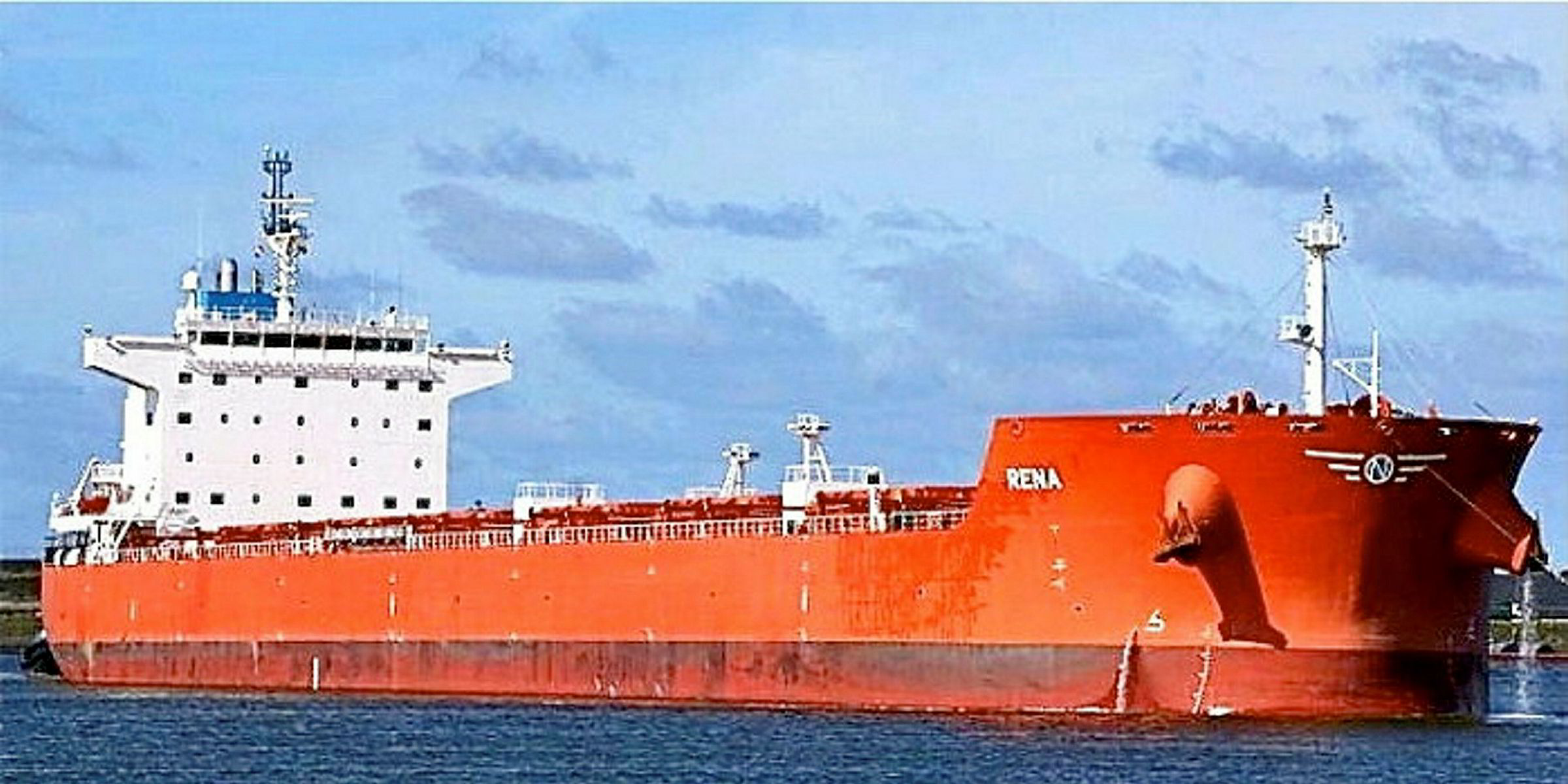Australian authorities have banned a Greek-owned panamax bulker from using the country’s ports for the next six months.
The ban comes after the 81,700-dwt Trojan Maritime-owned Rena (built 2011) was said to have repeatedly failed to pay outstanding wages and maintain a safe workplace for its crew.
The Australian Maritime Safety Authority (AMSA) said it received a complaint from the International Transport Workers Federation (ITF) over some $53,000 in unpaid wages in late June 2017.
The Bahamas flagged bulker also failed a subsequent port state control (PSC) inspection when it docked in Queensland on 6 July 2017.
Failures uncovered during the PSC inspection included the failure of the emergency generator to start; failure of the life boat starting arrangements; short comings in the safety management system (ISM).
The Rena remained detained at Hay Point for 29 days until AMSA and the vessel’s flag state received evidence that the crew had been paid their outstanding wages on 3 August.
AMSA’s general manger of operations, Allan Schwartz, said the behaviour of the ship’s owners gave AMSA considerable cause for concern.
“The failure of the ship operator to ensure that the ship is effectively managed along with the repeated failures of the ISM Code and Maritime Labour Convention, is a clear indication the ship is not being operated to meet applicable minimum standards,” Schwartz said.
“The length of time taken to rectify the outstanding issues, particularly in relation to crew welfare, is completely unacceptable.”
The ban on the Rena entering Australian ports will expire on 3 February 2018. If the ship returns to Australia after the ban expires and is detained again by AMSA for serious deficiencies, it may be subject to a further ban of 12 months.
The Rena had also been detained by AMSA earlier this year in February at Port Adelaide for a number of serious deficiencies, including crew working excess hours.
In September 2015 the ship was detained by the US Coast Guard (USCG) in the port of Tacoma due to safety deficiencies.
USCG investigators who boarded the vessel are said to have found that multiple areas did not coincide with regulation requirements.
The most serious deficiency involved improper pressurization of the crew’s self-contained breathing apparatuses, USCG said.



